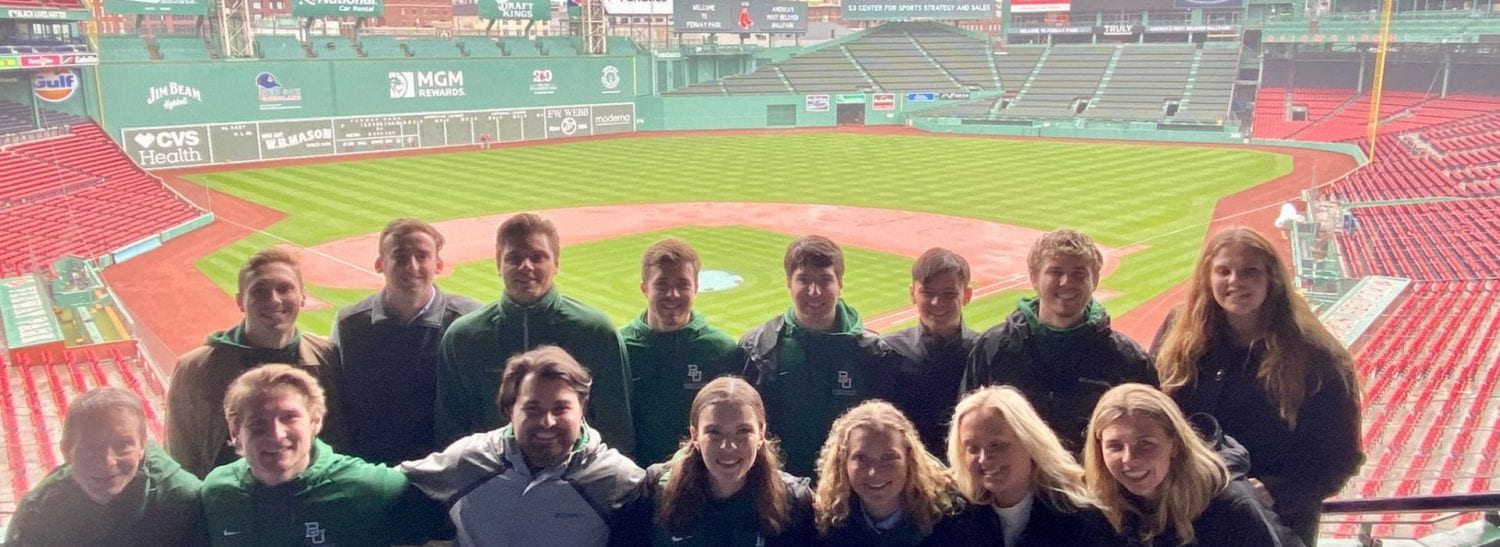by Alex Stewart – April 2014
Manchester United is a global brand
Manchester United, along with Real Madrid and Barcelona, have the most fans outside their own country. They can count on fans in emerging markets, especially Asia and Africa.
The Red Devils may be suffering on the pitch currently, with the tenure of David Moyes, Sir Alex Ferguson’s anointed heir, currently a stuttering work of bathos, but their relentless commercialization shows no signs of abating. Indeed, it has become something of a running joke that United cannot seem to win much at the moment except for a slew of endorsements and commercial partnerships ranging from Japanese snacks to diesel engines.
Google+ Campaign
Manchester United has an active, if fairly staid, social presence, but they have recently become one of two clubs (Real Madrid being the other) to begin exploiting the burgeoning potential of Google+. With some 1.15 billion registered users, Google+ is a more dynamic, interactive social platform than the less agile social media such as Twitter and Facebook. United has hosted chats with the team on Hangout, and, most recently, launched Front Row, a campaign to encourage that global fan-base mentioned above to participate in the match day experience.
Using a hashtag-based competition, similar to Juventus’ #LoveJu fan choreography campaign, Manchester United invited fans to submit a picture via Twitter or Facebook using the #MUFrontRow hashtag to show their passion for the Red Devils. Winners were then selected from this group to participate in a Google+ hangout, which displayed their faces on the pitch-side advertising hoardings at Old Trafford, the home of Manchester United, during the showpiece match against north-west rivals Liverpool.
Why the hold up?
Google+ has been around a while, so why has it taken so long for football clubs to recognise and develop its potential?
Clubs’ use of social seems to fall largely into two camps:
- the sometimes successful tongue-in-cheek conversation with fans via Twitter, and
- the rather generic release of team information, photos, and match reports via all platforms.
Google+ requires thought in order not to be simply yet another platform on which to post the same pictures and comments. But, with thought, Google+ can be perhaps the most useful of all platforms for clubs.
Google+ fan interaction = community
Fans love nothing more than to debate and discuss, to put questions directly to their heroes, and to feel part of a community. This is especially so when it comes to fans of a team in a foreign country.
If you are a die-hard United fan from Thailand or Ghana, you might never get the chance to go to Old Trafford. Google+ hangouts allow a level of engagement and participation that is immediate, actual, and generates the kind of fan engagement that builds a genuine sense of community.
Circles = Global reach for sponsors
The use of ‘circles’ on Google+ also allows the content managers for United’s social team to tailor material specifically to fans in different countries. This, in turn, has an obvious benefit for a club with specific sponsorship partners in different locations. Those commercial tie-ins can be used only in the circles where the have an impact for the sponsoring partner.
The use of Circles is not the only benefit for sponsors. DHL already hosts the Hangouts with players. AON, the title sponsor of United, sees their logo emblazoned across shirts in every Hangout.
Customized messaging
The tailoring of commercial messages across specific circles can also benefit sponsors. The main plus point, though, is surely that Google+ allows fans across the world to feel connected in a way that other platforms cannot. It creates a direct, bespoke level of conversation, at times a genuinely two-way conversation, with a variety of content that realises and solidifies a fan’s passion for her team.
Football clubs benefit sponsors mostly by positive association rather than direct messaging. The global reach of Google+, married to its ability to create more of a genuine feeling of community than any other social platform, means it could be the most significant vehicle for generating earned media for clubs yet, with all the commercial benefits that entails.
Manchester United might be struggling on the pitch, but in the social space, they’re setting the pace.

